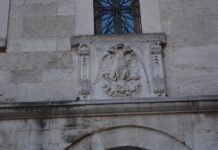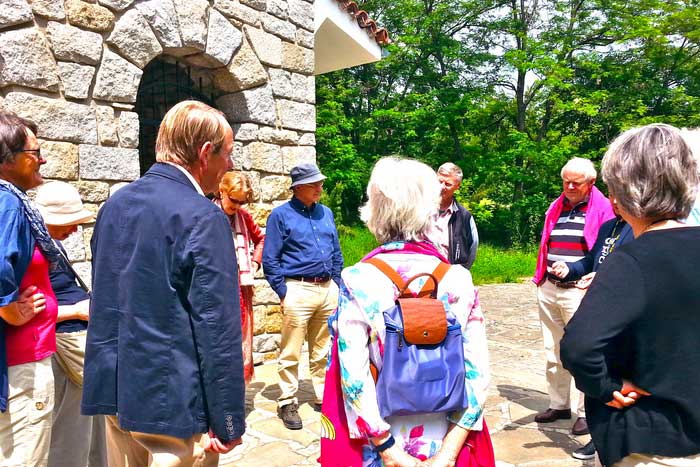14. It has often been a cause of surprise to me, when I have sat with him at banquets, to observe how a man, a slave to drink and given to ribaldry, as he was, could bear the burden of Empire. In his cups he would carefully watch how each of his fellows behaved.
Afterwards, as if he had caught them red-handed, he would submit them to questioning and examine what they had said and done in their drunken moments. They came to fear him more, therefore, when he was tipsy than when he was sober. Indeed, the fellow was an extraordinary mixture. For a long time he had garbed himself in a monkish habit, but not even in his dreams did he care one jot for the decent behaviour that befits such a dress.
Yet he acted the part, if long-established custom demanded a certain ritual. As for those libertines who indulged unrestrainedly in sensual pleasures, John hat nothing but scorn for them. On the other hand, if a man chose to live in a decent way, or pass his time in the free exercise of virtue, or profit his mind with scientific studies, he would find in John an implacable foe.
The eunuch would wilfully misrepresent the other’s worthy ambitions in some way or other. This paradoxical conduct in his dealings with other men was not repeated when he had to do with the emperor, his brother, for with Michael he preserved one and the same attitude, never varying, never changing. In his presence there was no dissimulation at any time.
Emperor Michael was the antithesis
15. There were five brothers in all. As far as character was concerned, the emperor Michael was the antithesis of the others, but John the Eunuch, whom I have just described, was inferior in virtue only to him. To compare him with the others would be impossible, for the man was sui generis. To put it more clearly, I would say that his attitude towards the three others was exactly opposed to that of the emperor. In comparison with him, John was vastly inferior, but there were certain resemblances: he too was displeased with the brothers’ incorrigible outlook.
On the other hand, he felt the deepest affection for them: no man ever showed more brotherly love. He was reluctant, therefore, to call them to account for their misdeeds. He was inclined rather to conceal their wrong-doings and claim for them still greater liberty, in the belief that Michael would never notice what was happening.
Read More about Michael IV part 2








